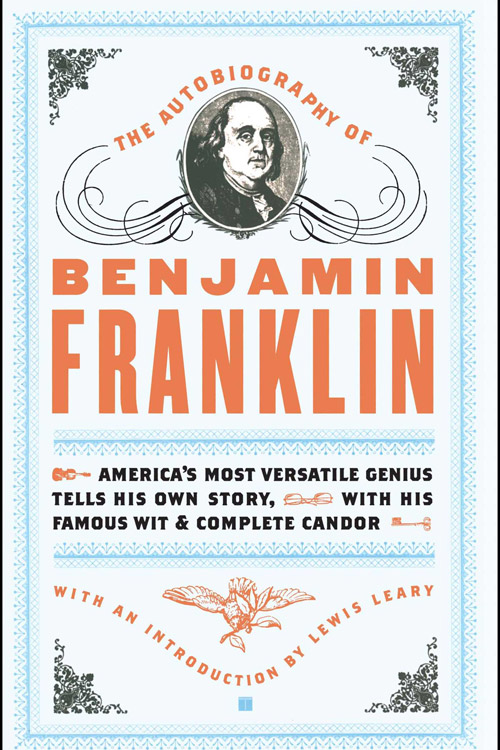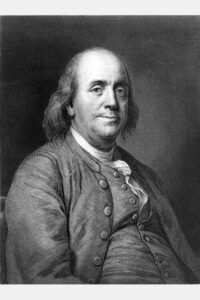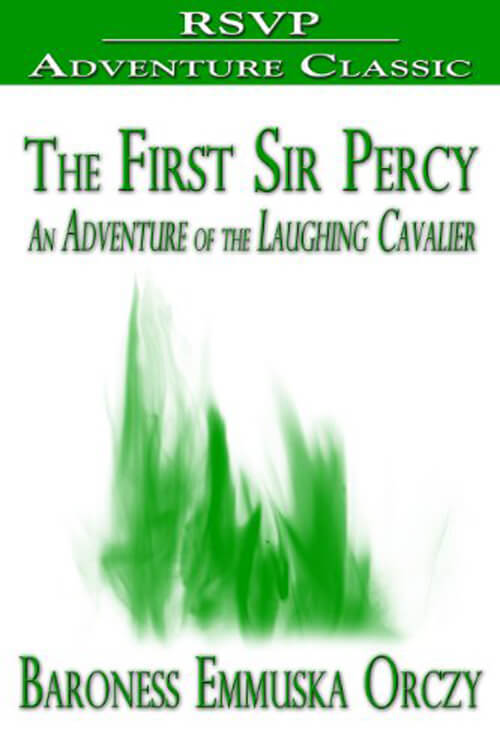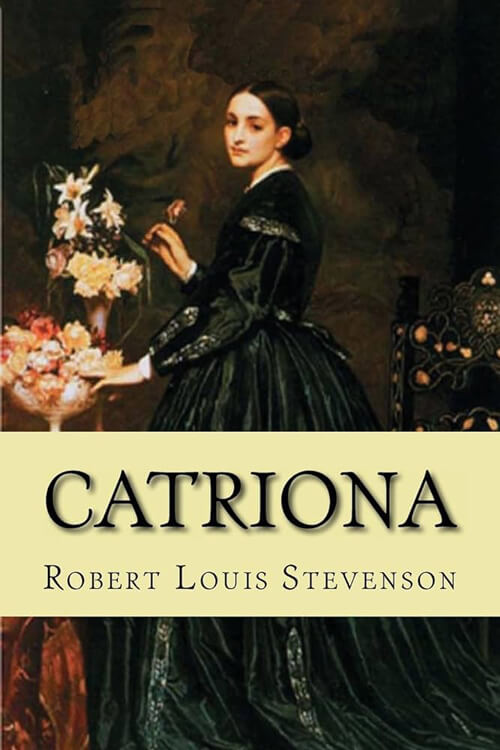
Autobiography of Benjamin Franklin
Part One of the Autobiography is addressed to Franklin’s son William, the Royal Governor of New Jersey at that time (1771). While in England at the estate of the Bishop of St Asaph in Twyford, Franklin, now 65 years old, begins by saying that it may be agreeable to his son to know some of the incidents of his father’s life, so with a week’s uninterrupted leisure, he is beginning to write them down for William. He starts with anecdotes about his grandfather, uncles, father, and mother. He deals with his childhood, fondness for reading, and service as an apprentice to his brother James Franklin, a Boston printer and publisher of the New England Courant.
After improving his writing skills through the study of The Spectator by Joseph Addison and Sir Richard Steele, he writes an anonymous paper and slips it under the door of the printing house by night. Not knowing its author, James and his friends praise the paper, and it is published in the Courant, which encourages Ben to produce more essays (the “Silence Dogood” essays), which are also published. When Ben reveals his authorship, James is angered, thinking the recognition of his papers will make Ben too vain. James and Ben have frequent disputes, and Ben seeks a way to escape from working under James. Eventually, James gets in trouble with the colonial assembly, which jails him briefly and then forbids him from continuing to publish his paper. James and his friends came up with the stratagem that the Courant should hereafter be published under the name of Benjamin Franklin, although James would still be in control. James signs a discharge of Ben’s apprenticeship papers but writes up new private indenture papers for Ben to sign, securing Ben’s service for the remainder of the agreed time.
However, when a fresh disagreement arises between the brothers, Ben leaves James, correctly judging that James will not dare to produce the secret indenture papers. (“It was not fair in me to take this Advantage”, Franklin comments, “and this I, therefore, reckon one of the first Errata of my life”.) However, James makes it impossible for Ben to get work anywhere else in Boston. Sneaking onto a ship without his father or brother’s knowledge, Ben heads for New York City, but the printer William Bradford is unable to employ him; however, he tells Ben that his son Andrew, a Philadelphia printer, may be able to use him since one of his son’s principal employees had just died. By the time Ben reached Philadelphia, Andrew Bradford had already replaced his employee but referred Ben to Samuel Keimer, another printer in the city, who could give him work. The Governor, Sir William Keith, takes notice of Franklin and offers to set him up in business for himself. On Keith’s recommendation, Franklin goes to London to print supplies, but when he arrives, he finds that Keith has not written the promised letter of recommendation for him and that “no one who knew him had the smallest Dependence on him”. Franklin finds work in London until an opportunity arises to return to Philadelphia as an assistant to Thomas Denham, a Quaker merchant. Still, when Denham takes ill and dies, he returns to manage Keimer’s shop. Keimer soon comes to feel that Franklin’s wages are too high, which provokes a quarrel that causes the latter to quit.
At this point, a fellow employee, Hugh Meredith, suggests that he and Franklin set up a partnership to start a printing shop of their own; funds from Meredith’s father subsidize this, though most of the work is done by Franklin as Meredith is not much of a press worker and is given to drinking. They established their business and planned to start a newspaper, but when Keimer heard of this plan, he rushed out his paper, the Pennsylvania Gazette. This publication limps for three-quarters of a year before Franklin buys the paper from Keimer, making it “extremely profitable”. (The Saturday Evening Post traces its lineage to Franklin’s Pennsylvania Gazette.) The partnership also receives an appointment as a printer for the Pennsylvania assembly. When Hugh Meredith’s father experiences financial setbacks and cannot continue backing the partnership, two friends separately offer to lend Franklin the money he needs to stay in business; the partnership amicably dissolves as Meredith goes to North Carolina, and Franklin takes from each friend half the required sum, continuing his business in his name. In 1730, he married Deborah Read, and after this, with the help of the Junto, he drew up proposals for the Library Company of Philadelphia. At this point, Part One breaks off with a memo in Franklin’s writing noting that “The Affairs of the Revolution occasioned the Interruption”.
Read or download Book
Benjamin Franklin
Benjamin Franklin (January 17, 1706 [O.S. January 6, 1705 – April 17, 1790) was an American polymath who was active as a writer, scientist, inventor, statesman, diplomat, printer, publisher, and political philosopher.
Biography
Among the leading intellectuals of his time, Franklin was one of the Founding Fathers of the United States, a drafter and signer of the Declaration of Independence, and the first postmaster general. Franklin became a successful newspaper editor and printer in Philadelphia, the leading city in the colonies, publishing the Pennsylvania Gazette at age 23. He became wealthy, publishing this and Poor Richard’s Almanack, which he wrote under the pseudonym “Richard Saunders”. After 1767, he was associated with the Pennsylvania Chronicle, a newspaper known for its revolutionary sentiments and criticisms of the policies of the British Parliament and the Crown.
He pioneered and was the first president of the Academy and College of Philadelphia, which opened in 1751 and later became the University of Pennsylvania. He organized and was the first secretary of the American Philosophical Society and was elected president in 1769. Franklin became a national hero in America as an agent for several colonies when he spearheaded an effort in London to have the Parliament of Great Britain repeal the unpopular Stamp Act. An accomplished diplomat, he was widely admired as the first U.S. ambassador to France and was a significant figure in the development of cheerful Franco–American relations. His efforts proved vital for the American Revolution in securing French aid. He was promoted to deputy postmaster-general for the British colonies on August 10, 1753, having been Philadelphia postmaster for many years, enabling him to set up the first national communications network. He was active in community affairs, colonial and state politics, and national and international affairs.
From 1785 to 1788, he served as governor of Pennsylvania. At some points in his life, he owned slaves and ran “for sale” ads for slaves in his newspaper. Still, by the late 1750s, he began arguing against slavery, became an active abolitionist, and promoted education and the integration of African Americans into U.S. society. As a scientist, he was a significant figure in the American Enlightenment and the history of physics for his studies of electricity and charting and naming the Gulf Stream current. As an inventor, he is known for the lightning rod, bifocals, and the Franklin stove, among others. He founded many civic organizations, including the Library Company, Philadelphia’s first fire department, and the University of Pennsylvania. Franklin earned the title “The First American” for his early and indefatigable campaigning for colonial unity. Foundational in defining the American ethos, Franklin has been called “the most accomplished American of his age and the most influential in inventing the type of society America would become.” His life and legacy of scientific and political achievement, and his status as one of America’s most influential Founding Fathers, have seen Franklin honoured more than two centuries after his death on the $100 bill, warships, and the names of many towns, counties, educational institutions, and corporations, as well as numerous cultural references and with a portrait in the Oval Office. Over his lifetime, Franklin wrote or received more than 30,000 letters and other documents, which since the 1950s have been collected in The Papers of Benjamin Franklin, published by both the American Philosophical Society and Yale University.






